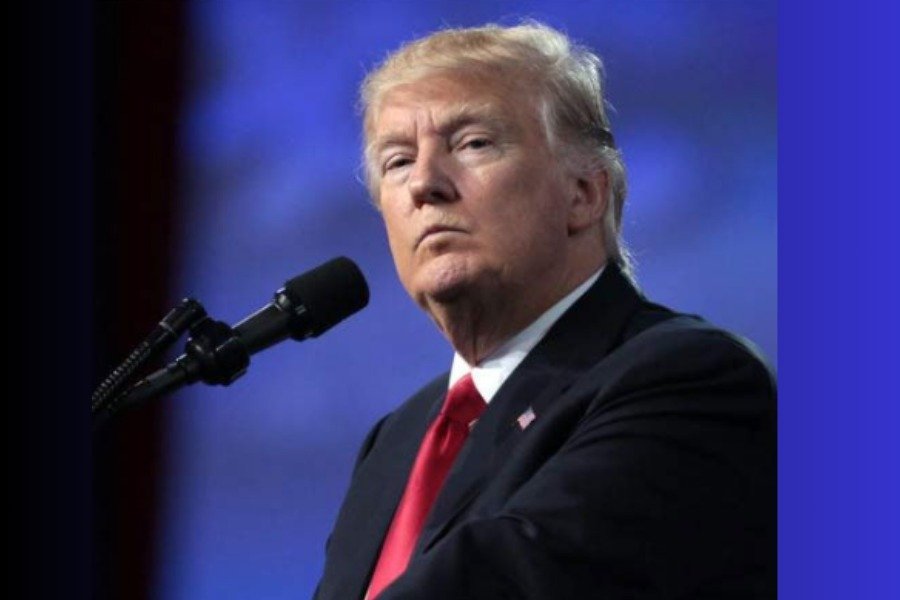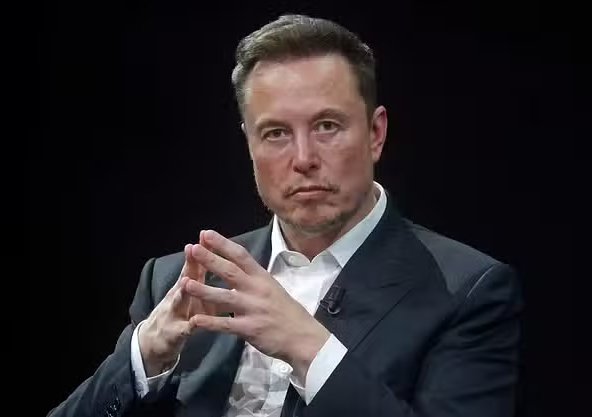Former U.S. President Donald Trump has announced a major policy shift, declaring that he intends to end birthright citizenship in the United States starting on the first day of his potential new term in January 2025. This decision could have far-reaching implications, particularly for Indians and people of Indian origin worldwide.
What is Birthright Citizenship?
Under the U.S. Constitution, all children born on American soil automatically become U.S. citizens, regardless of their parents’ immigration status. This law stems from the 14th Amendment, enacted in 1868. Trump’s proposed changes would mean that children born in the U.S. will no longer be eligible for automatic citizenship.
Trump’s Justification and the Impact on Indians
Trump argues that birthright citizenship is being misused and must be ended to control illegal immigration. This announcement has created waves of concern among millions of Indians and Indian-origin individuals, many of whom have obtained U.S. citizenship through birth. Ending this policy could complicate the future for families relying on birthright citizenship as a pathway to secure residency and opportunities in the U.S.
How Many Indians Could Be Affected?
According to Pew Research Center, approximately 4.8 million Indian-Americans live in the U.S., with 1.6 million of them born in the country. These individuals have benefited from automatic citizenship. If this policy change is implemented, they may need to navigate a new process to retain their citizenship status.
Birthright Citizenship Around the World
Apart from the U.S., about 30 countries, including Canada, Bolivia, Venezuela, and Cuba, offer birthright citizenship. However, some nations impose additional conditions, such as requiring at least one parent to be a citizen or a permanent resident.
Significance of This Decision
If Trump’s plan is enforced, it could disrupt the lives of millions of Indian-Americans and others, forcing them to meet stricter eligibility criteria for citizenship. This decision could reshape the U.S. immigration system and significantly impact communities globally.
Controversy Surrounding Citizenship Laws
The topic of birthright citizenship has sparked debates in the U.S. for years, intensifying during Trump’s presidency. He claims the policy is being exploited by immigrants to secure citizenship for their children, undermining the system’s intent.
What’s Next?
Trump aims to amend the law to eliminate birthright citizenship. For this, he will require the support of Congress and the Senate. If successful, this would mark a significant overhaul of the U.S. citizenship system, altering the pathway to citizenship for future generations.
This announcement has already stirred political, legal, and humanitarian debates, and its eventual outcome could change the landscape of immigration policies in the U.S.



